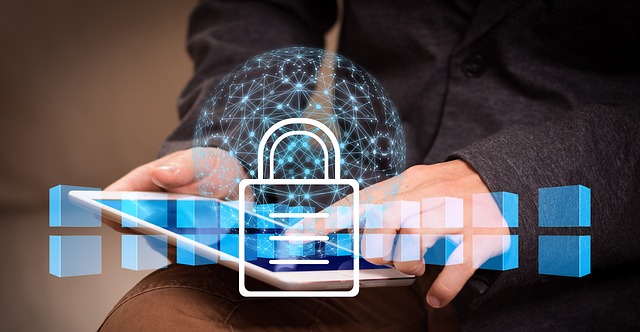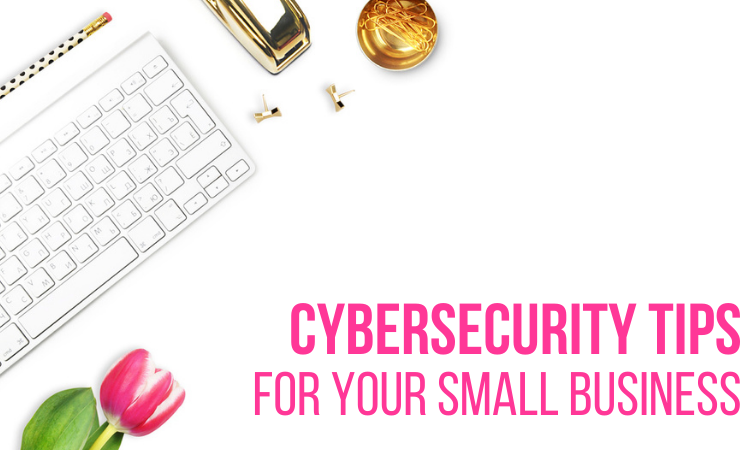It is easy to assume that your small business is at less risk of a scam or cyberattack due to the many large companies and opportunities out there. However, this is a wrong and potentially expensive assumption since small businesses are targets for hackers due to their weaker security defences. Your business risks money, intellectual property, employee and customer data loss, and reputation damage, which can collapse your business. With recent statistics suggesting an attack on 46% of businesses and charities last year, here are some tips to protect your small business.
This is a contributed post. Please refer to my disclosure for more information.

Undertake regular security training
You may have implemented security measures, but we all make mistakes. Therefore, there is always going to be a loophole in the businesses’ cyber defence. The majority of hackers gain access to business networks by tricking employees into installing malware on their computers. Hackers are getting more sophisticated each day which makes it hard to identify them. Conduct regular security training for your staff in areas like security policies, best practices for making downloads, password setting, and other online security to handle data and identify phishing emails correctly. You can also conduct team training and security tests to identify any knowledge gaps.
Use strong passwords
This sounds pretty basic, but many breaches occur due to passwords. Two mistakes are common: using weak passwords and the same one for your every system or software. Your business is at risk of a data breach if you are guilty of these two practices. Anyone who gains access to one account will be able to access your files or data on every one of your other accounts. It is best to have a unique, strong password for each of your accounts or systems. Security experts have suggested using a mix of letters, numbers and special characters, although it may be hard for some people to remember. It helps if you change your password every month or two and ensure your working staff do the same.
Backup your vital files and data
Nothing is more important than having a safety net when disaster strikes. There is also the risk of malware and viruses corrupting your data and rendering it useless. Therefore, it is vital to back up your files and data. Despite the emergence of cloud systems, many small businesses use a hybrid system to maintain their company data. This is why you should consider other ways to secure your data in the office. Onsite shredding has proved to be one of the most effective ways to prevent your sensitive documents and files in the workplace from unauthorised access.
Update your operating systems
Presently, Microsoft does not offer updates and security patches for the windows seven operating system. This means if your company is still using the operating system, you are exposed to a cyberattack. For this reason, it is crucial to update your systems to the current operating systems to get all the support and latest security updates for your computers and networks.
With the steady increase of cyber attacks, these tips should keep your business safe.




Valuable post! These are all actionable steps to take control of my small business’s cybersecurity. Would love to hear any additional thoughts on managing data breaches – a plan for the worst-case scenario would be really helpful.